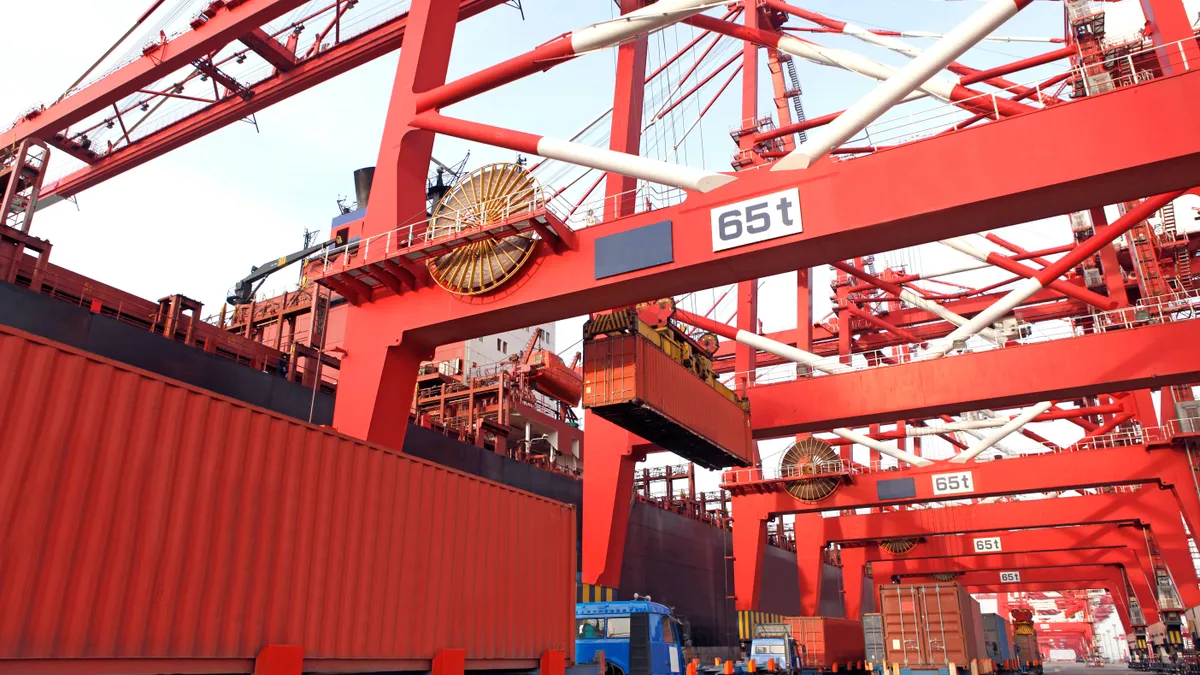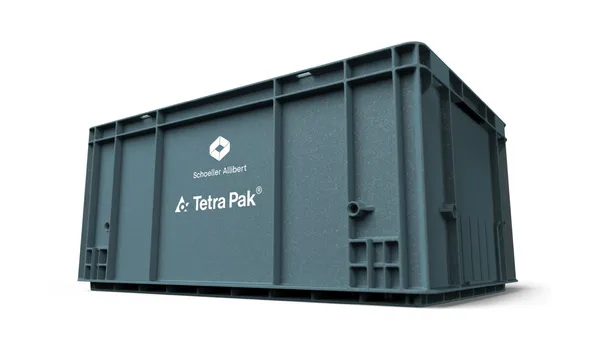Dive Brief:
- China's Ministry of Environmental Protection (MEP) maintained its strict contamination standards of 0.5% for plastic, ferrous metals, electric motors and other materials in its finalized control standards for importing solid waste as raw materials, according to the Institute of Scrap Recycling Industries (ISRI). President Robin Wiener said in a statement ISRI is "very disappointed" that China did not update its standards to the regularly accepted global standards.
- ISRI Senior Director of International Relations & International Affairs Adina Renee Adler told Waste Dive in an email that ISRI members are "evaluating global markets to determine the best next steps for them individually." David Biderman, CEO of the Solid Waste Association of North America (SWANA), said in an email China's efforts to improve the environment in its country "are already adversely impacting recycling programs throughout North America."
- National Waste & Recycling Association (NWRA) CEO Darrell Smith said in a statement the 0.5% standards could cause "some short-term disruptions," but also present opportunities "as our members continue to adjust."
Dive Insight:
ISRI, SWANA and NWRA all filed comment with the WTO in mid-December, urging China to either delay the implementation or reconsider its proposed standards. Enforcement formally begins in March, though the industry is already seeing a drop in the tonnage of plastic imports allowed into China compared to last year and criminal cases for "garbage smuggling" are already being filed.
And the U.S. industry is already feeling the affects. The Massachusetts Department of Environmental Protection, for example, has issued at least 21 disposal waivers to dispose of unsorted recyclable material. The Oregon Department of Environmental Quality has been taking similar steps. Communities from Alaska to Wisconsin have changed the type of material collected for recycling and commodity prices have suffered.
The domestic industry now faces critical decisions. If not handled properly, consumers in the U.S. could lose confidence in recycling as an effective behavior to protect the environment, especially if disposal has to continue. this could be a turning point where U.S. industry kicks into high gear and begins reopening paper mills and constructing plastic manufacturing plants, but those solutions can't happen overnight.
To avoid sending recyclable material to landfills, or to keep from stockpiling bales of plastic in parking lots, it may be time for the industry to seek alternative markets in other regions. India and Vietnam, for example, have steadily been importing more plastic since 2006. However, China alone accounted for half of the world's scrap plastic purchasing, so new markets will need to be aggressively pursued. Coming to grips with the amount of contamination found in many single-stream recycling programs will also be a top priority now that these new standards are final.













